As luxury tourism evolves into long‑term living trends, branded residences in Phuket are emerging as a major draw for foreign investors seeking both investment potential and resort‑lifestyle access. These properties offer hotel‑level amenities alongside secure ownership, making them highly attractive to affluent buyers.
Phuket’s Branded Residence Market Is Booming
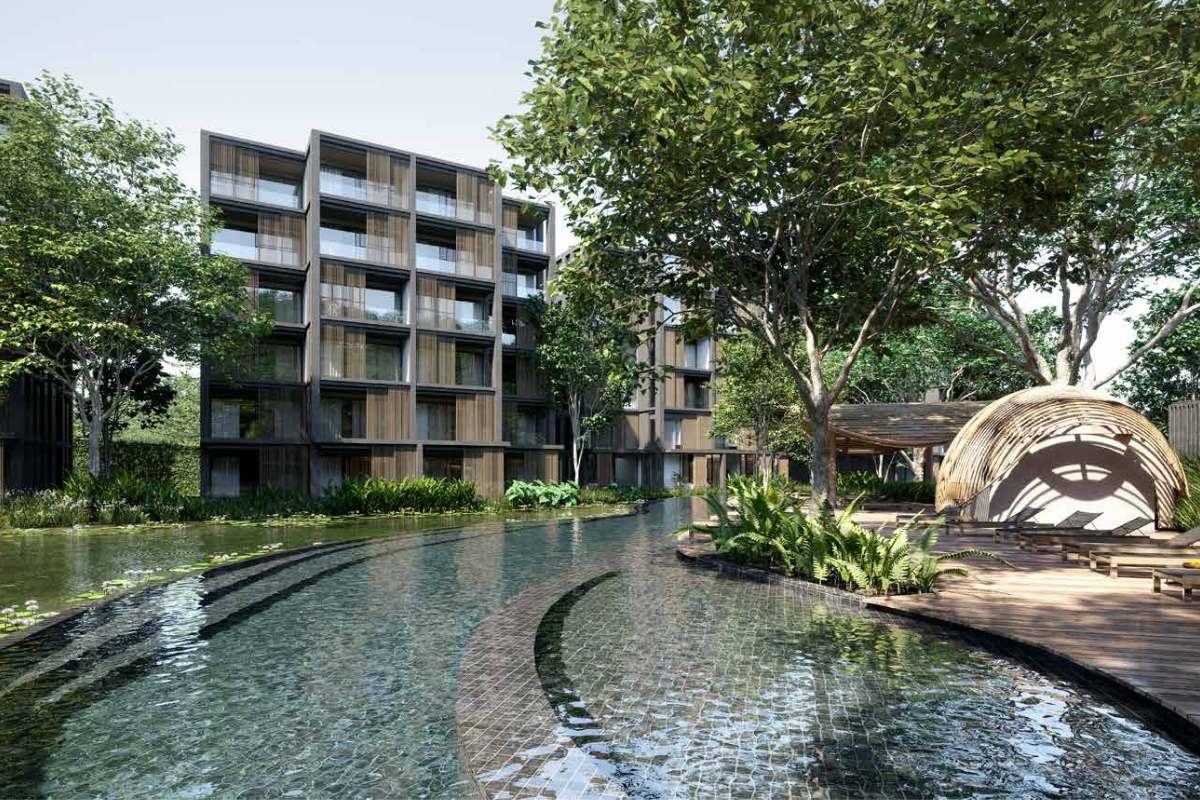
According to C9 Hotelworks, Phuket now hosts 26 branded residence projects with more than 4,200 units and a combined market value of approximately USD 2.3 billion.
That’s a clear sign: international investors see branded residences as a trusted, high‑end segment of Phuket real estate.
Leading Locations and Brands in Phuket
The Cherng Talay area (Bang Tao, Layan, Surin) has the highest concentration, with 14 branded properties offering over 2,300 units Notable brands and developments include:
-
The Standard Residence Phuket Bang Tao, a resort‑style condos from around USD 530K. Banyan Tree Residences at Laguna Phuket- spacious villas and upscale condos managed by a luxury Thai hospitality brand
-
Anantara/Kiara Reserve Villas & Residences in Layan – private homes within a five‑star resort framework
Other well‑renowned brands present include Amanpuri, Wyndham Nai Harn, Sheraton, Six Senses, and Sri Panwa, each offering varying styles and levels of luxury in Phuket.
Why Branded Residences Attract Foreign Buyers
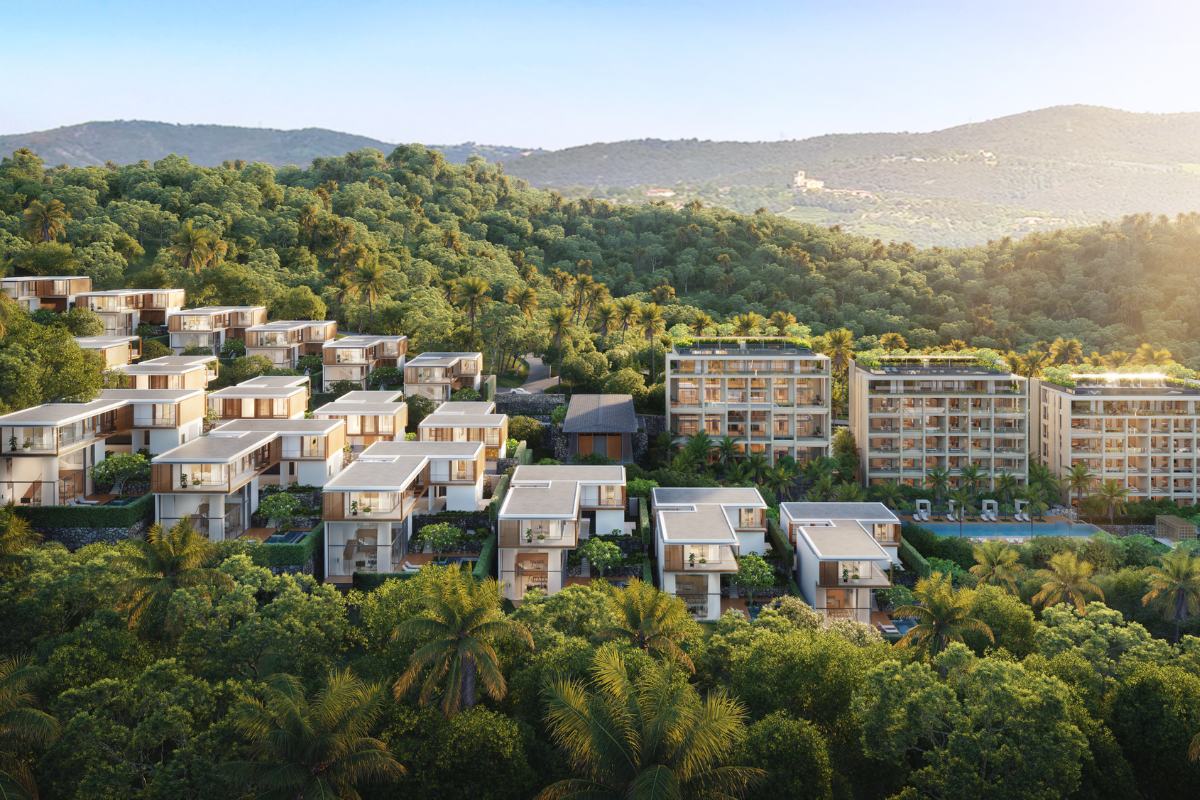
1. Luxury Service & Lifestyle
Owners gain access to resort amenities like spas, concierge, dining, and rental programs, without needing to book a hotel every time.
2. Rental Income Opportunities
Since most branded residence developments in Phuket hold hotel licenses, owners can rent out units short term, often daily or weekly, providing strong income potential.
3. Brand Credibility & Management
International brands bring assurance to ownership. Buyers feel confident in quality, resale value, and property-management standards.
Market Trends & Investment Insight
-
Villas account for only 6% of supply but represent 41% of total market value, indicating strong luxury demand
-
Condo units dominate in number and affordability but still command high average prices (around THB 11.7 million per unit)
-
Over 23% of Asia Pacific’s branded residence market volume in 2024 was in Thailand, with Phuket among top-performing locations
Who Should Consider Phuket Branded Residences?
-
Buyers wanting fully serviced homes backed by big brands
-
Investors seeking premium short-term rental revenue streams
-
Homeowners looking for hands‑off living in a well-run community
-
Luxury buyers relocating for wellness, retirement, or premium lifestyle
Things to Watch Before Buying
-
Ensure the building is actually hotel‑licensed if you want rental flexibility
-
Understand recurring management and service fees
-
Check foreign ownership quotas and resale restrictions
-
Always conduct due diligence with legal and tax advisors
Final Thoughts
Branded residences in Phuket marry luxury hospitality standards with real estate investment, offering exclusive amenities, branded credibility, and attractive resale or rental potential.
Whether through Banyan Tree, Anantara, Wyndham, Intercontinental, Marriot or newer boutique concepts, branded homes are adding depth and depth to Phuket’s property market.
Disclaimer: The information contained in this article is provided for general informational purposes only and does not constitute legal, financial, or investment advice. While every effort has been made to ensure accuracy at the time of publication, property laws and regulations in Thailand are subject to change. Readers should always seek independent legal advice from a qualified Thai lawyer before making any property-related decision or transaction.
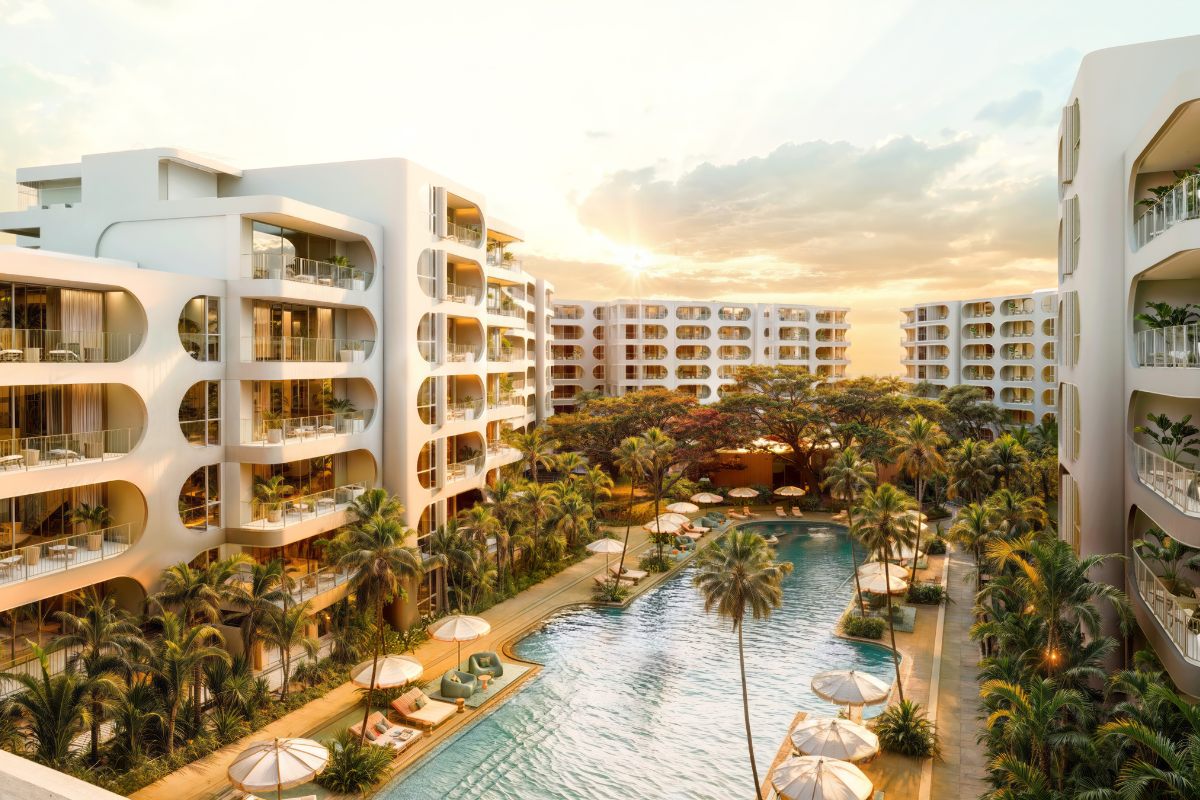

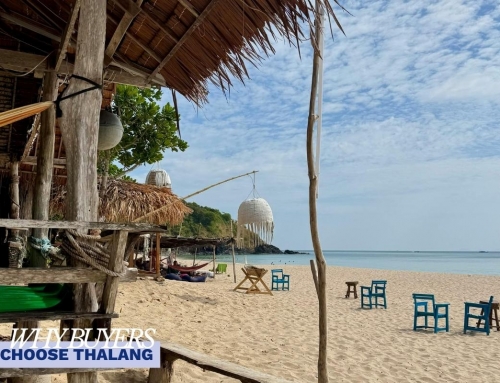
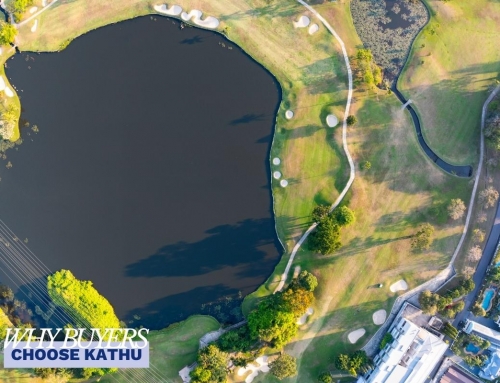

Social Contact